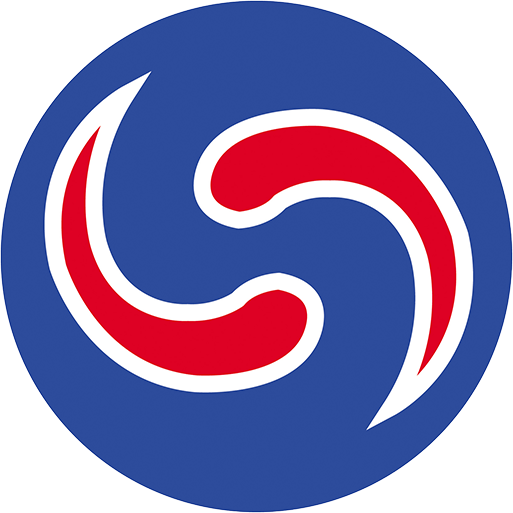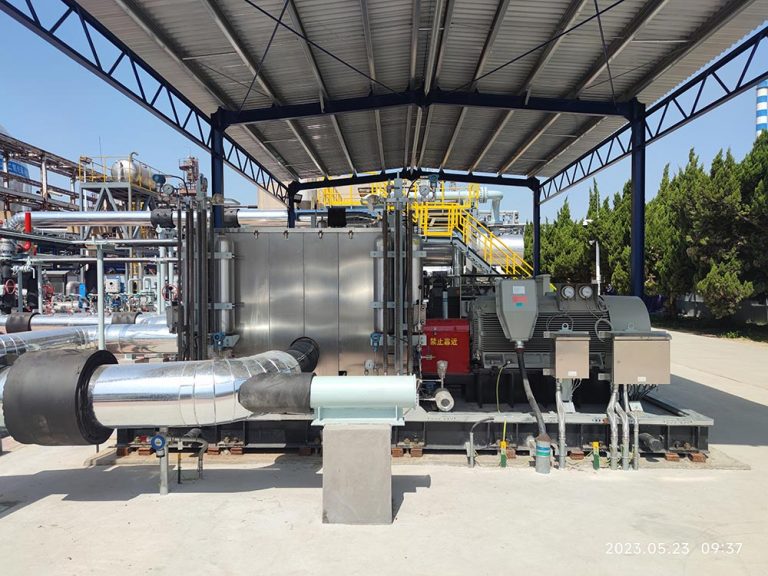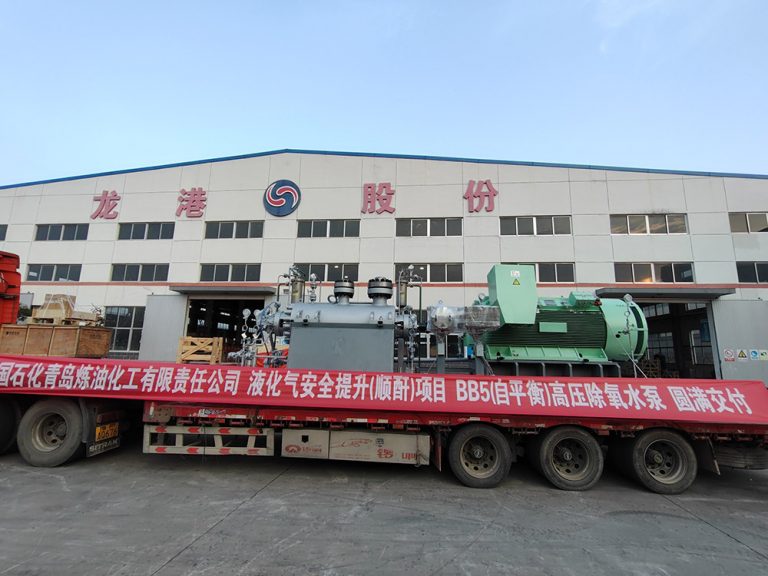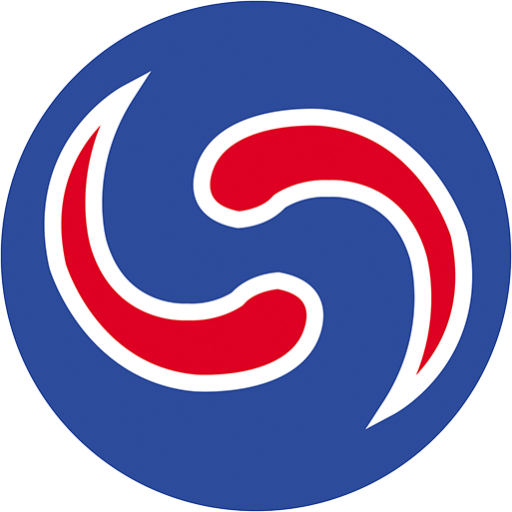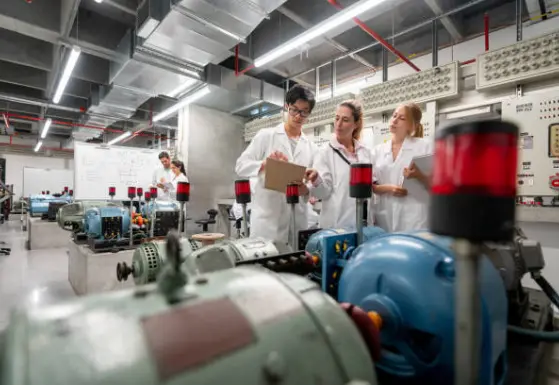Water pumps for supplying and draining water play a role in maintaining smooth water circulation in different environments. This manual delves into their roles, and functionalities. Uses to assist you in making well-informed choices regarding their selection, setup, and upkeep. It also offers advice about the effective methods for ensuring peak pump efficiency and durability.

What Are Water Supply and Drainage Pumps?
Water supply and drainage pumps are machines crafted to transfer water from one place to another in settings such as homes and businesses for tasks like delivering clean water and getting rid of wastewater to prevent floods. They play a role in keeping plumbing systems running smoothly and safeguarding the environment.
Types of Water Supply and Drainage Pumps
There are types of pumps used for specific purposes, depending on their design and function; we will cover four main types: submersible pumps, centrifugal pumps, diaphragm pumps, and trash pumps.
Submersible Pumps
Submersible pumps are designed to operate underwater frequently employed for removing water from flooded areas or extracting groundwater.
Function and Features
Operate underwater
Sealed motor prevents liquid ingress
Suitable for deep well pumping
Advantages and Disadvantages
Benefits include energy utilization through direct water contact and operating quietly.
Challenges include upkeep because of being underwater and the risk of seals deteriorating with time.
Typical Applications
Residential wells
Sewage treatment facilities
Flood control systems
Centrifugal Pumps
Centrifugal pumps use force to move water through a system, which is why they are widely favored for their design and efficiency.
Function and Features
Employ impellers for fluid movement
Suitable for low-viscosity fluids
Can handle high flow rates
Advantages and Disadvantages
Advantages include a design with minimal components and excellent efficiency when operating at consistent flow rates.
Downsides include restricted suction abilities and ineffectiveness with liquids or solids.
Typical Applications
Water supply systems in buildings
Irrigation systems
Industrial cooling systems
Diaphragm Pumps
Diaphragm pumps use a membrane to move fluids specializing in handling thick liquids and slurries effectively.
Function and Features
Utilize reciprocating action of diaphragm
Handle abrasive fluids without damage
Be equipped with Self-priming capabilities
Advantages and Disadvantages
Benefits include the handling of corrosive substances and the ability to adjust flow rates without compromising pressure levels.
Drawbacks include flow rates in comparison to centrifugal pumps and a more intricate design that necessitates frequent maintenance.
Typical Applications
- Chemical processing industries
- Food processing plants
- Wastewater treatment facilities
Trash Pumps
Trash pumps are devices designed to handle fluids that have particles in them. They are essential in locations where the liquid being pumped may contain debris.
Function and Features
- Designed with large impeller passages
- Capable of passing solids without clogging
- Typically, portable units
Advantages and Disadvantages
- Advantages : Greattolerance of liquids debris ; construction robust adaptation to difficult
- Disadvantages: Not as efficient as clean water pumps. Might be less portable due to its bigger size.
Typical Applications
- Construction sites
- Agricultural fields
- Emergency flood response

Installation & Maintenance of Water Supply and Drainage Pumps
Making sure these pumps are set up properly and given maintenance is crucial for getting the best performance and longevity out of them. The upkeep of these pumps requires knowing the procedures for their maintenance and steering clear of errors that may occur during upkeep or when dealing with issues to extend their lifespan.
Best Practices for Pump Installation
When installing a pump:
Make sure the base is flat to avoid any shaking or tremors.
Use appropriate seals to avoid leaks.
Follow manufacturer guidelines strictly.
Common Installation Pitfalls & How to Avoid Them
Some common mistakes include:
Incorrect alignment leads to wear.
Inadequate priming causes cavitation.
There is a concern that faulty electrical connections could lead to the motor failing prematurely.
Be sure to avoid these problems by checking everything before starting the task.
Routine Maintenance Tasks & Schedules
Regular maintenance involves:
Checking seals for wear monthly.
Lubricating bearings quarterly.
Inspecting electrical connections semi-annually.
Sticking to this schedule helps minimize any disruptions in activities.
Troubleshooting Common Issues
Common issues include:
Reduced flow rate due to clogged filters.
Unusual noises indicate mechanical wear.
Overheating is caused by inadequate ventilation.
Tips for Extending Lifespan
To extend your pump’s lifespan:
Operate within specified parameters.
Make sure to clean the parts that are in contact with dirt regularly
Make sure to arrange for professional inspections in addition to your usual checks.
How to Choose the Right Water Supply and Drainage Pump?
Ensuring that your pump systems are installed and maintained correctly is crucial for their durability and effectiveness. You should adhere to recommended procedures and steer clear of mistakes when selecting a pump; factors like site conditions and volume needs must be factored in along with depth requirements and other relevant considerations.
- Assessing Specific Requirements
- Evaluating Site-Specific Conditions
- Determining the Volume and Flow Rate Required
- Contemplating the depth and distance required for water extraction.
- Evaluating Different Types of Pumps
Why Choose Yantai Longgang Pump Industry?
The Yantai Longgang Pump Industry is well known and trusted when it comes to providing pumps for water supply and drainage thanks to their commitment to producing high-quality products and ensuring customer satisfaction, which are highly valued by experts, in the industry. They have a variety of pumps designed to cater to your specific requirements effectively.
- Quality control is conducted on every pump to guarantee that it meets stringent quality standards.
- Cutting-edge Tech Investment; The firm puts resources into state-of-the-art technology to enhance the efficiency of pumps.
- Customer Service Team; Our dedicated teams are here to help you with setting up and maintaining your services.
- An extensive selection of pumps is offered to cater to needs and uses.
Choose Yantai Longgang for high-quality pumps that deliver performance, reliability, and value.
FAQs About Water Supply and Drainage Pumps
Which pump is commonly used in transferring water?
When dealing with the movement of water flow in settings centrifugal pumps are frequently favored due to their effectiveness and ability to handle large volumes of water efficiently. These pumps operate by converting one form of energy into another which makes them ideal for scenarios that demand transportation of substantial water quantities. Similarly appreciated for their effectiveness in relocating water from sources, like wells or inundated regions while submerged in water are pumps.
What is the most common problem of water supply and drainage pumps?
The primary concern usually involves a decrease in the flow rate, which is frequently attributed to blocked filters or impellers that are not functioning correctly. Other common issues comprise wear and tear on components, seal failures, and overheating as a result of insufficient ventilation. Conducting maintenance can aid in averting these problems.
Conclusion
Understanding the intricacies of choosing and upkeeping water supply and drainage pumps involves knowing their fundamentals. Uses well By utilizing knowledge about pump varieties like submersible, centrifugal diaphragm, and waste pumps you can enhance the efficiency of your system. Furthermore following recommended protocols for installation and upkeep and taking into account site conditions during the selection process will guarantee a smooth operation that caters to your requirements effectively.
Opting for a trusted company such as Yantai Longgang Pump Industry can boost dependability with cutting-edge solutions supported by assistance. As you delve deeper into these elements for your projects or tasks and make well-informed choices it will result in better results across a range of applications related to fluid control systems.
